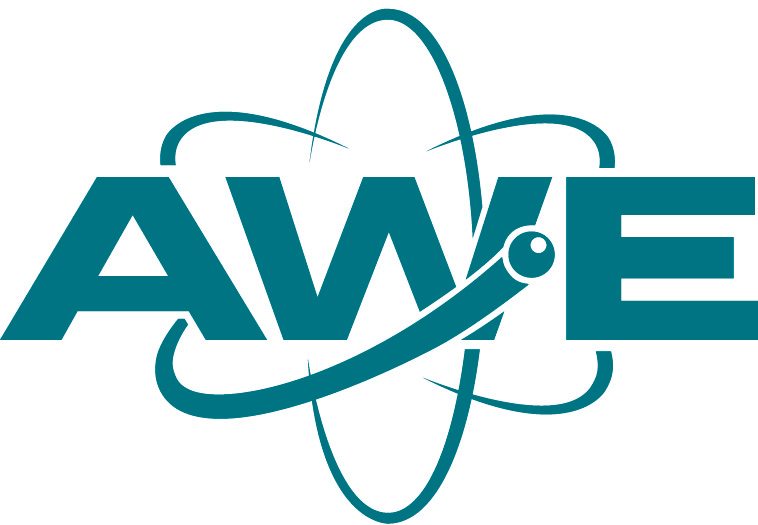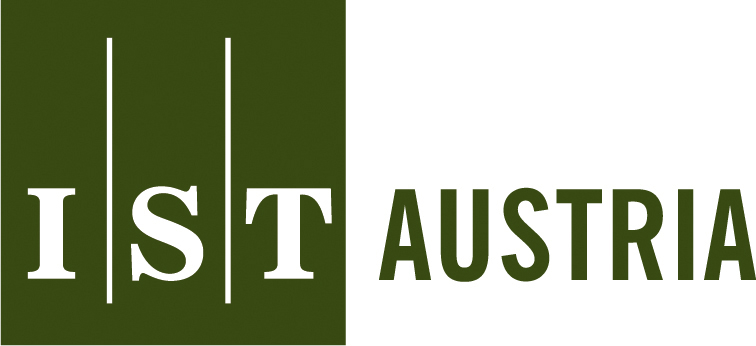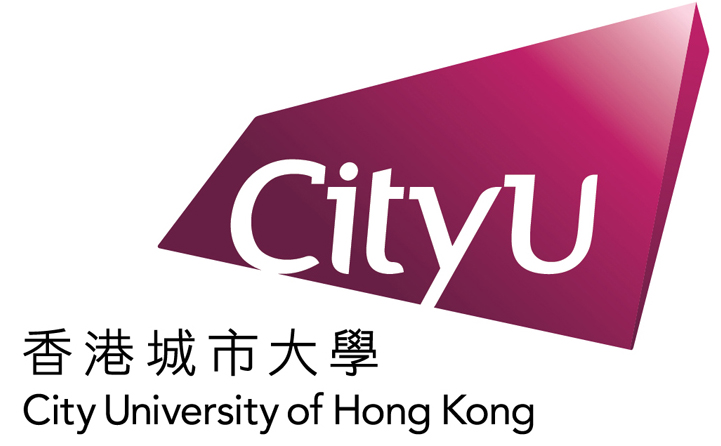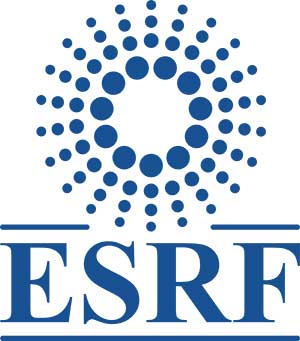The European Synchrotron, the ESRF, is an international research centre based in Grenoble, France.
Through its innovative engineering, pioneering scientific vision and a strong commitment from its 700 staff members, the ESRF is recognized as one of the top research facilities worldwide. Its particle accelerator produces intense X-ray beams that are used by thousands of scientists each year for experiments in diverse fields such as biology, medicine, environmental sciences, cultural heritage, materials science, and physics.
Supported by 22 countries, the ESRF is an equal opportunity employer and encourages diversity.
You will join ID19’s team at the ESRF. ID19 is a hard X-ray beamline with a special emphasis on (in situ) microtomography and ultra-high speed radiography. Working with UCL, ILL and Rolls-Royce plc, your PhD project will be to help develop, build and use in situ additive manufacturing (AM) rigs which can be used on the ESRF/ILL beamlines to perform in situ and operando imaging that will help develop new processes, materials and monitoring systems. Working with the beamline scientists at ESRF you will learn state-of-the-art X-ray physics; with UCL you will learn how to design and apply AM rigs that work on synchrotron and neutron (with ILL) beamlines. At Rolls-Royce you will use the new physics you reveal to improve and validate computation models of the process.
The rig you will help develop will be a new generation synchrotron enabled powder bed AM machine that has enhanced capability (i.e. multi-laser, expanded correlative imaging). Using this new AM rig you will probe the AM process at the micron scale with micro-second resolution for Ti and Ni alloys, quantifying key phenomena including powder flow and melting, solidification, and microstructural feature formation. Consequently, neutron diffraction will be used to capture the development of residual stresses and solid-state phase transformations in situ during the build of complete components during experiments at ILL. The acquired data is to be used for the advancement of the two computation components: 1. multi-scale modelling of the process (developed at Rolls-Royce, but informed, validated and applied by student); and 2. the development of Machine Learning algorithms to enable ‘synchrotron calibrated’ correlative imaging process control.
Further information may be obtained from Alexander Rack (tel.: +33 (0)4 76 88 17 81, e-mail alexander.rack@esrf.fr) and from Prof. Peter D. Lee (tel.: +44 20 7679 3570, e-mail peter.lee@ucl.ac.uk).
- Degree(s) allowing enrolment for a PhD (such as MSc, Master 2 de Recherche, Laurea or equivalent) in physics, materials science, mechanical/electrical engineering, chemistry or closely related science.
- Experience in experimentation is desirable, ideally in designing equipment for either materials processing, laser or X-ray physics applications.
- Rigorous attention to detail is essential in this work environment, with a knowledge of safe working practices.
- Proficiency in English (a proof of upper-intermediate level would be advantageous and can be provided in the application. Applicants originating from native-English-speaking countries can apply without the need for proof of level. An official degree conducted in English will be also accepted as a proof; Students without proof upper-intermediate level may still apply and their level of English will be checked during the interview).
- Experience in programming and/or algorithm development.
- Experience in either image analysis or machine learning is desirable.
- Compliance with the Marie Sklodowska-Curie mobility rule: candidates may not have resided or carried out their main activity (work, studies, etc.) in France for more than 12 months in the three years immediately before the date of recruitment.
- At the date of recruitment, early-stage researchers must be in the first four years of their research careers and have not yet been awarded a doctoral degree.
- Candidates must satisfy the conditions for enrolment in a doctoral programme.
Click here for more details about the application procedure.
The successful candidate will be enrolled in the doctoral school of University College London (UCL), Department of Mechanical Engineering, and based full-time at the ESRF (Grenoble, France), other than three one-month secondments at Rolls-Royce Derby. Additional visits totalling no more than three months will be made to UCL’s labs at Harwell, Oxfordshire. Furthermore, a varied pedagogical training programme will be offered to the successful candidate throughout the three-year PhD project.
Click here for more details on the InnovaXN programme.
Expired






